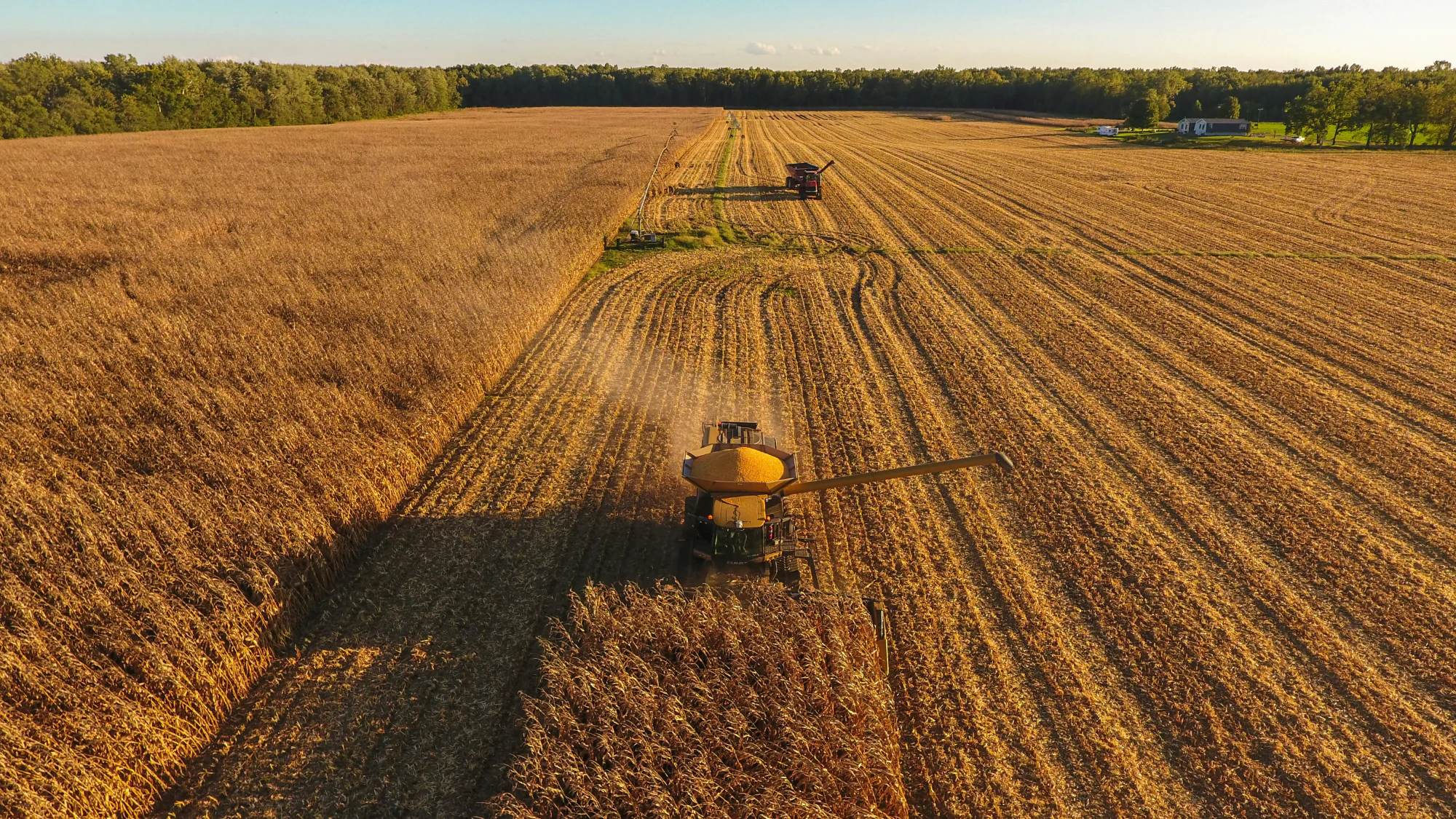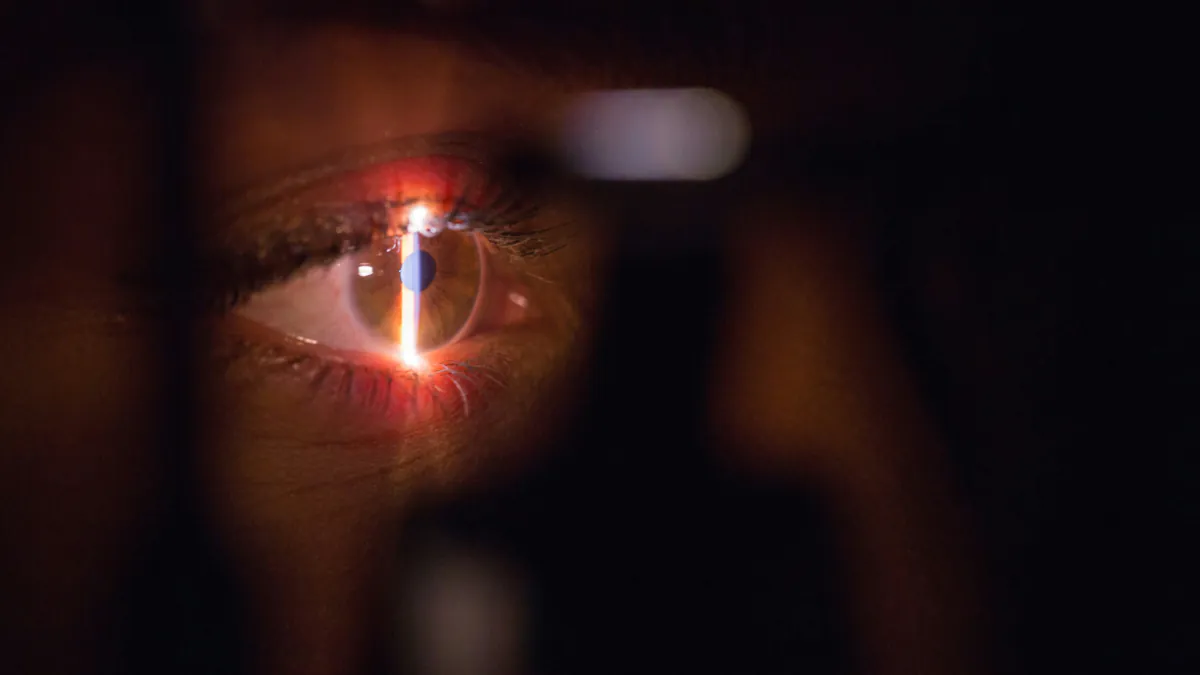The Friday Five series offers a weekly glimpse into innovative early-stage spinouts that are making a significant impact in their respective fields.
This week, we have two joint spinouts – one from UCL and Imperial, turning surgical cameras into hyperspectral imaging tools, and one from Trinity College Dublin and University College Dublin, designed to boost agricultural sustainability while maintaining profitability for farmers.
We’re also looking at a German startup that has developed a method for using only the forks of a forklift to move pallets around a warehouse, and a US spinout whose technology has generated millions in savings for a hospital system, even while it was still in the internal development phase.
And then there’s a spinout from the University of Liverpool that’s among the first beneficiaries of the institution’s joining a multi-university venture fund, Northern Gritstone, earlier this year.
Want us to showcase your spinout in the Friday Five series? Email us!
EnAcuity turns surgical cameras into hyperspectral imaging tools
EnAcuity, a joint spinout of University College London and Imperial College London, is commercialising technology that turns standard surgical cameras into hyperspectral imaging tools using only software.
The aim is to reduce complications in keyhole surgeries without requiring expensive hardware upgrades by adding imaging processing software that is powered by artificial intelligence. This allows surgeons to see tissue perfusion and critical structures more clearly.
The spinout has secured a £300,840 grant from Innovate UK to support validation of EnAcuity’s technology using a library of surgical video data from laparoscopic procedures at Imperial College Healthcare NHS Trust.
The founders include Prof Danail Stoyanov (UCL) and Prof Daniel Elson (Imperial), as well as Tobias Czempiel, a PhD graduate from TU Munich.
EnAcuity had already raised £1.28 million in pre-seed financing last year.
Filics finds opportunity in load carrier robotics
What if you only needed the forks and not the whole forklift to move pallets Filics, founded by researchers from the Technical University of Munich, is working on exactly this. The company’s system consists of two mechanically independent robots (they are, in simple terms, the forks of a forklift) that autonomously drive Euro pallets and pallet cages, lift them and move the load.
The technology has been in testing with partners including logistics providers DHL Group and Nagel Group.
This week, Filics raised 13.5€ million from a consortium including the Bavarian state-backed Bayern Kapital, VCs Sandwater, Alven, Capnamic and 10x Founders, and F-LOG Ventures, the corporate venture capital arm of logistics company Fiege. E-commerce firm Amazon participated through its Amazon Industrial Innovation Fund, while angel investors Andrei Danescu and Helmut Schmid also contributed.
The money is going towards further development of the Filics Unit, specifically to enhance the technology to handle autonomous truck loading within five minutes. Filics also plans to deploy its technology for use in floor block warehouses by the end of this year.
Gallion Health automates healthcare admin processes
Gallion Health became the first spinout established by the University of Maryland Medical System’s iHarbor Innovation Center this week. It will make Gallion’s offering available to third-party hospitals after its software has been used internally for the past four years.
Gallion has developed a software-as-a-service platform that integrates with electronic health records and enterprise resource planning systems to automate administrative tasks, including charges and contract compliance.
Before Gallion was set up internally at Maryland, the system’s 11 hospitals handled all of these tasks manually, which was labour-intensive and inefficient. It also had a high potential for inaccuracies, with Gallion lowering the error rate from 18% to 3%.
To date, Gallion has helped the system save $2 million and helped retain $3.5 million in competitive contracts.
The University of Maryland Medical System has made a seed investment of undisclosed size.
ODOS helps farmers operate more sustainably
Agriculture accounts for a significant portion of emissions, but it’s not as simple as shutting down fields. Luckily, ODOS is offering a software solution: the spinout wants to drive climate action in the agri-food sector by simplifying data collection and helping clients devise strategies to improve their sustainability without compromising productivity.
Spun out from Trinity College Dublin and University College Dublin, ODOS’s platform can build a comprehensive picture of a producer’s emissions, pinpoint land-use impacts, and offer mitigation opportunities tailored to real-world agricultural settings. The data collected by the platform withstands audits and investor scrutiny, according to the company.
The spinout’s offering has convinced dairy company Capsa Food to lead a 680,000€ funding round, which also attracted Tech Transfer Agrifood and Angels Capital.
ODOS’s client roster already spans cooperatives and food companies in Europe, and the money will enable the spinout to expand into additional markets. It will also support further development of ODOS’s technology.
Plasma Fresh eliminates foodborne pathogens
Plasma Fresh, a spinout of the University of Liverpool, is using cold plasma technology to sterilise food and food equipment. The technology can be retrofitted and doesn’t use water or produce chemical waste.
The spinout says its technology also represents a 90% reduction in energy costs compared to thermal cleaning solutions, and equipment downtime can be reduced by up to 20% through continuous cleaning.
It’s one of the first spinouts to benefit from the University of Liverpool partnership with Northern Gritstone – the institution became the fund’s fourth academic member in May this year, joining the universities of Leeds, Manchester and Sheffield.
This week, Northern Gritstone backed a £1 million seed round that also featured Deepbridge Capital and Lyva Labs, as well as grant funding from Innovate UK.
The capital is helping Plasma Fresh accelerate the commercial scale-up of its technology, including pilot installations with food processors. The spinout will also expand its engineering team and invest in its R&D activities to bring the technology to other sectors.
Interested in having your spinout in the Friday Five series? Email us!
This list is for informational purposes only. It does not constitute investment advice.




